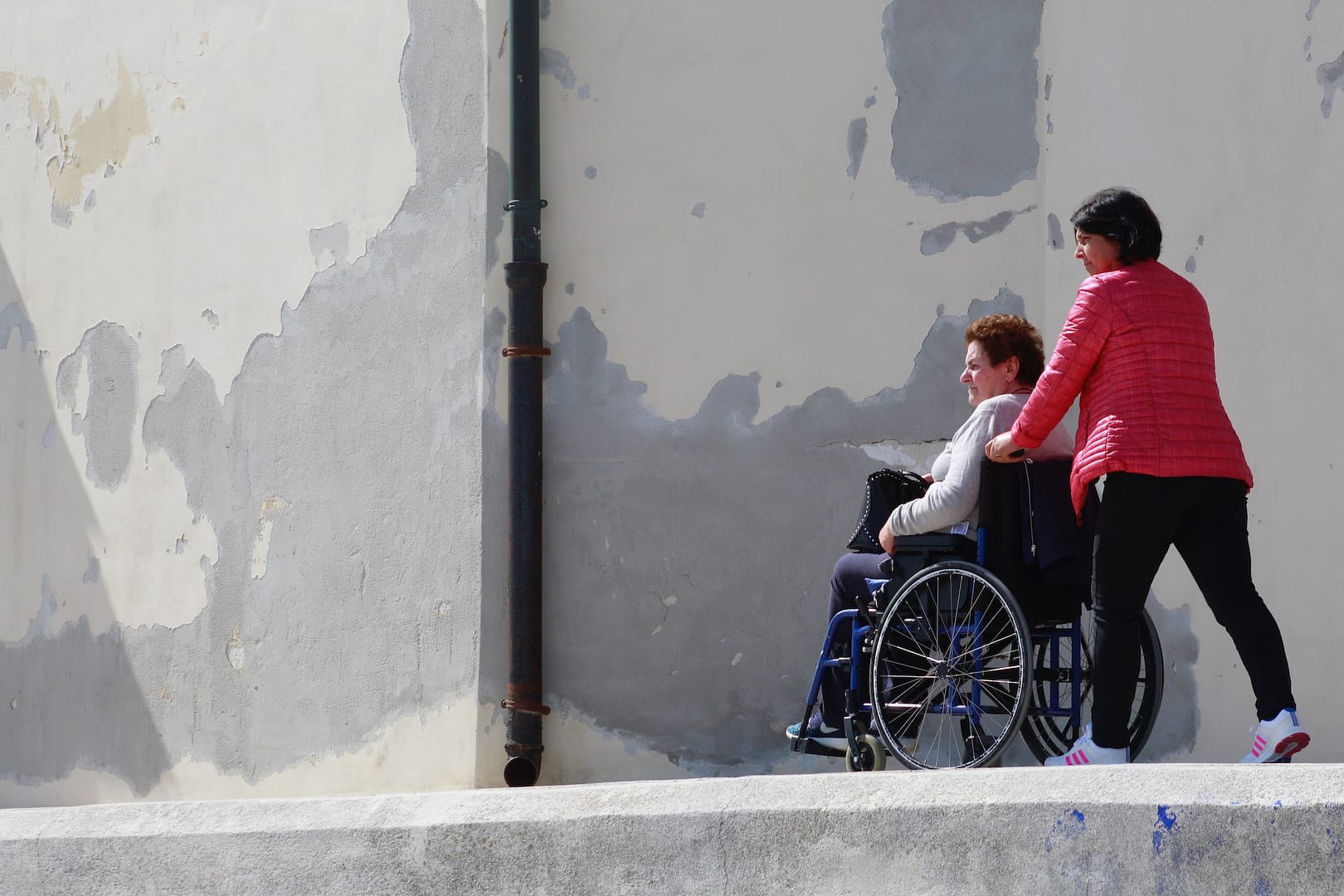Pedestrian accidents can have devastating consequences, often resulting in severe injuries that impact victims physically, emotionally, and financially. If you’ve been involved in a pedestrian accident in the UK, understanding how much compensation you might be entitled to is crucial. This guide outlines the factors influencing compensation amounts and how to maximise your claim.
Understanding Pedestrian Accident Compensation
Compensation for a pedestrian accident is determined based on two main categories:
- General Damages – These account for the pain, suffering, and loss of amenity caused by the injury. It covers physical and emotional trauma.
- Special Damages – This category compensates for financial losses, including medical expenses, lost earnings, travel costs, and ongoing care.
Each claim is unique, and the total amount of compensation varies depending on the severity of the injury and its long-term implications. For accurate guidance, consulting an experienced solicitor is essential.
Common Injuries and Their Compensation Ranges
The Judicial College Guidelines (JCG) provide a framework for assessing compensation for personal injuries. Below are some common pedestrian accident injuries and their potential compensation amounts:
- Minor Injuries: Bruising, cuts, or soft tissue damage that recover within a few weeks or months.
Compensation: £1,370 – £10,670 - Fractures and Orthopaedic Injuries: Broken bones, including fractures to legs, arms, or ribs.
Compensation: £5,000 – £100,000 depending on severity. - Head and Brain Injuries: Concussions, traumatic brain injuries, or skull fractures can result in lasting cognitive impairments.
Compensation: £2,210 – £379,100 based on severity. - Spinal Injuries: From minor back strains to severe paralysis, spinal injuries can have life-changing impacts.
Compensation: £6,290 – £1,000,000 - Psychological Trauma: PTSD, anxiety, or depression caused by the accident.
Compensation: £1,540 – £108,620
For precise figures and tailored advice, a solicitor specialising in pedestrian accident claims is invaluable.
Factors That Affect Compensation Amounts
Several factors influence the compensation awarded for pedestrian accident claims, including:
- Severity of Injuries: The more serious the injury, the higher the compensation. Long-term disabilities or disfigurements will increase the award.
- Impact on Employment: If your injuries prevent you from working, either temporarily or permanently, this loss is factored into the claim.
- Medical Expenses: Costs for treatment, rehabilitation, and ongoing care can be claimed.
- Shared Liability: If you were partially at fault (e.g., jaywalking), your compensation might be reduced. This is called contributory negligence.
- Age and Lifestyle: Younger claimants or those with active lifestyles may receive more compensation due to the impact on their quality of life.
How to File a Pedestrian Accident Claim in the UK
1. Seek Medical Attention
Always prioritise your health and ensure your injuries are documented. Medical records play a critical role in supporting your claim.
2. Gather Evidence
Collect as much evidence as possible, including:
- Photographs of the accident scene
- Witness contact details
- CCTV footage, if available
- Police accident reports (you can request this through gov.uk)
3. Report the Accident
If the accident involved a vehicle, report it to the police and obtain a reference number. Inform your insurance company if relevant.
4. Contact a Solicitor
Navigating the legal process can be complex. Working with experienced personal injury solicitors ensures that your claim is handled professionally.
National Claims can put you in touch with experienced solicitors who specialise in pedestrian accident claims. They’ll guide you through the process, helping you secure the compensation you deserve.
No-Win, No-Fee Pedestrian Accident Claims
Many solicitors offer no-win, no-fee agreements, meaning you don’t pay legal fees unless your claim is successful. This removes financial risk and ensures everyone can access legal support regardless of their circumstances.
Real-Life Case Studies
Case 1: Severe Leg Injuries from a Car Collision
A pedestrian hit by a speeding car suffered multiple leg fractures requiring surgery and months of rehabilitation.
Compensation Awarded: £85,000
Case 2: PTSD Following a Near-Fatal Accident
A pedestrian witnessed a horrific crash, leaving them with severe PTSD.
Compensation Awarded: £15,000
Case 3: Fatal Pedestrian Accident
In a tragic case, a family received compensation after losing a loved one in a hit-and-run accident.
Compensation Awarded: £300,000 (including bereavement damages and financial dependency claims)
How Long Do You Have to Claim?
In the UK, the time limit to file a personal injury claim is typically three years from the date of the accident. For minors, the three-year limit starts on their 18th birthday. Exceptions apply in cases involving mental incapacity or delayed diagnosis.
Why Choose National Claims?
At National Claims, we understand the emotional and financial toll a pedestrian accident can take. That’s why we’re here to help. Our team connects you with experienced solicitors who will:
- Evaluate your case thoroughly
- Handle all legal formalities
- Fight for maximum compensation on your behalf
Whether it’s a minor injury or a life-changing event, our priority is ensuring you get the justice you deserve.
Conclusion
The compensation for a pedestrian accident depends on various factors, but with the right legal support, you can secure the financial relief you need to rebuild your life. Don’t delay—act today to protect your rights and future.
Contact National Claims now to start your journey towards justice and fair compensation. Our team is ready to support you every step of the way.





